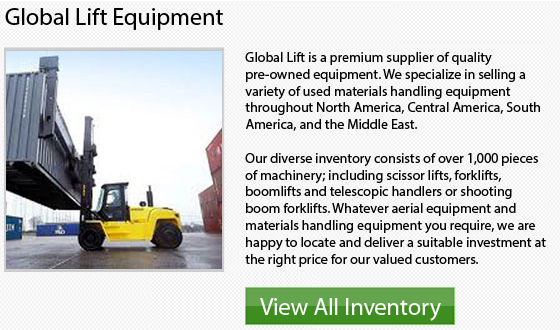
The number of choices which need to be made when selecting a brand new or used forklift could be overwhelming, regardless if you are thinking of expanding your business fleet of forklifts or if you are beginning with your very first lift truck. There is such a wide array of choices like electric units, IC or internal combustion engines or the newest hybrid lifts. Making time to review your needs and get what you would like out of your machine so as to facilitate unloading and loading applications for your dock or warehouse is essential.
The upfront expenses are of course a key consideration when making a huge purchase. The long term operating costs of the forklift also need to be considered. Like for example, keep in mind that your largest expense in this category is going to be the expense to fuel and run your lift truck.
Among the existing IC lift trucks on the market today, the diesel model tends to offer some of the cheapest fuel and operating costs. These forklifts can easily out-power and out-lift your regular electric lift truck.
Like all lift truck varieties, there are various advantages and disadvantages associated with diesel forklifts. The following is a brief guide for buying diesel forklift units in order to help determine the unit best for all your needs and help you cut through the confusion. By knowing about the potential pitfalls, you will be ready to make an educated purchase.
More than likely the largest advantage enjoyed with diesel forklifts is their low operating expense. Normally, diesel is the cheapest fuel choice for internal combustion lifts. Though electric lifts are less costly in the long run, they don't necessarily work the best for outdoor applications.
While diesel forklifts are ideal for outdoor applications, they are however not utilized correctly indoors. The emissions from a diesel model can be hazardous if not ventilated correctly in an indoor warehouse. Moreover, diesel forklifts are a lot louder than their emission-free electric counterparts.